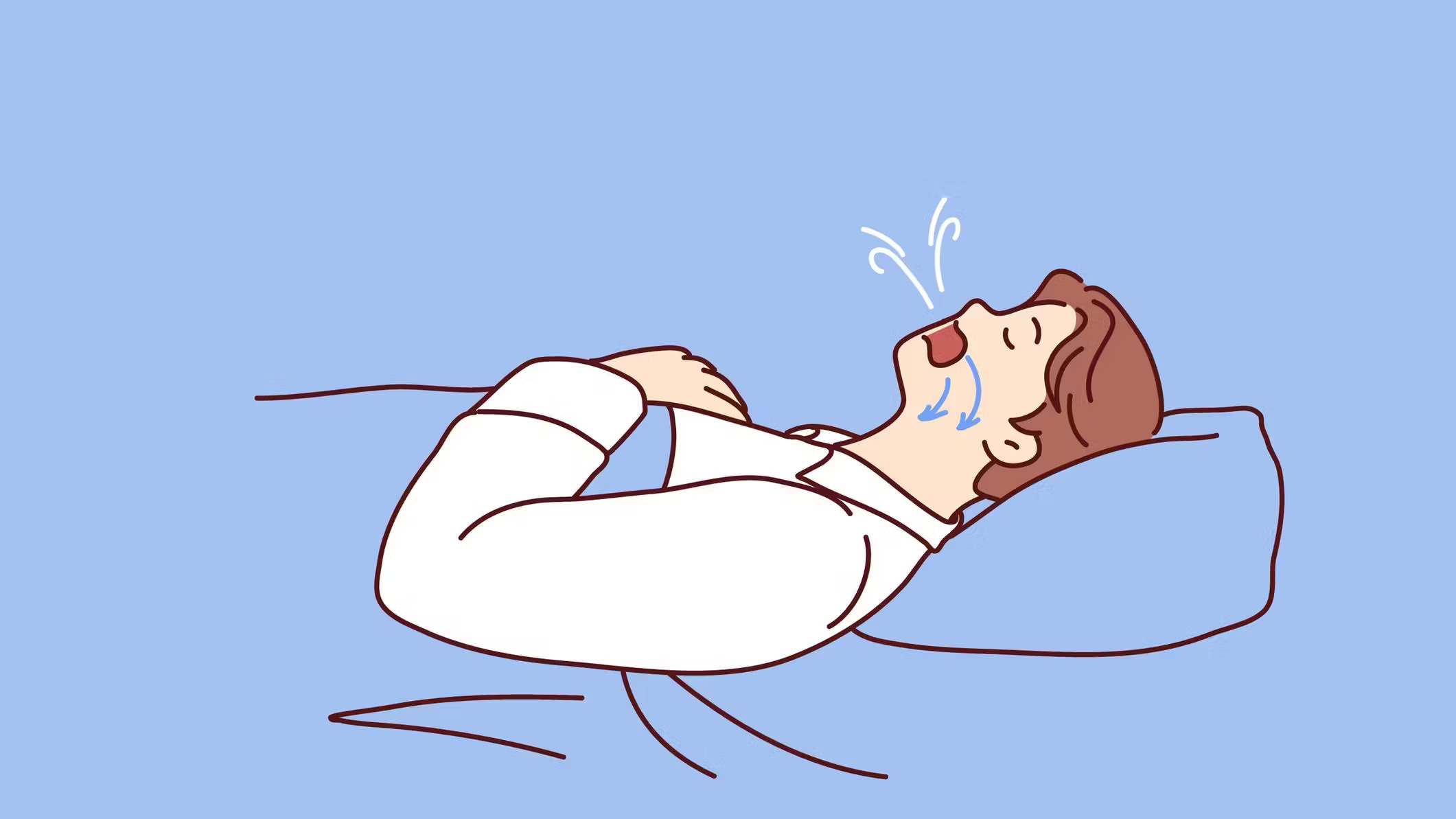Obstructive sleep apnea often goes undiagnosed, yet dental pros are uniquely positioned to detect early signs during routine exams. This will help improve outcomes and prevent serious complications. Obstructive sleep apnea (OSA) is more common than many people realize, with the American Academy of Sleep Medicine estimating that about 23 million people in the US remain undiagnosed. As dental hygiene students, we’ve noticed how often sleep-related concerns connect to oral health. OSA is the most common sleep-related breathing disorder. When the throat muscles relax too much during sleep, they block the airway, which disrupts airflow and lowers oxygen levels. This can lead to restless sleep and symptoms such as daytime tiredness, loud snoring, fatigue, waking up, gasping, or choking. A sleep study is conducted to make a diagnosis, and the Apnea-Hypopnea Index (AHI) measures how many breathing interruptions occur per hour to determine severity. We also found there is a need for additional research, especially in making more standardized tools, measuring how effective dental referrals are, and deepening the understanding of how OSA and oral health connect. By taking these steps, the dental community can make a difference in addressing one of the most underdiagnosed yet impactful conditions affecting patients today. We saw how common OSA is through our research and how closely it is connected to oral and systemic health. Because of the intraoral associations and connections to OSA, dental professionals are in a great position to notice signs early. By adding screening protocols and working closely with other providers, we can help patients get diagnosed sooner, start treatment earlier, and ultimately improve their quality of life. We believe OSA screening should be part of dental hygiene and dental school education so that future providers feel competent in identifying and referring patients who are at risk. For dental hygienists already in practice, continuing education courses can help improve awareness about OSA.
Thank you for reading this post, don't forget to subscribe!Early Detection And Intervention For Sleep Apnea Through Dental Screenings



